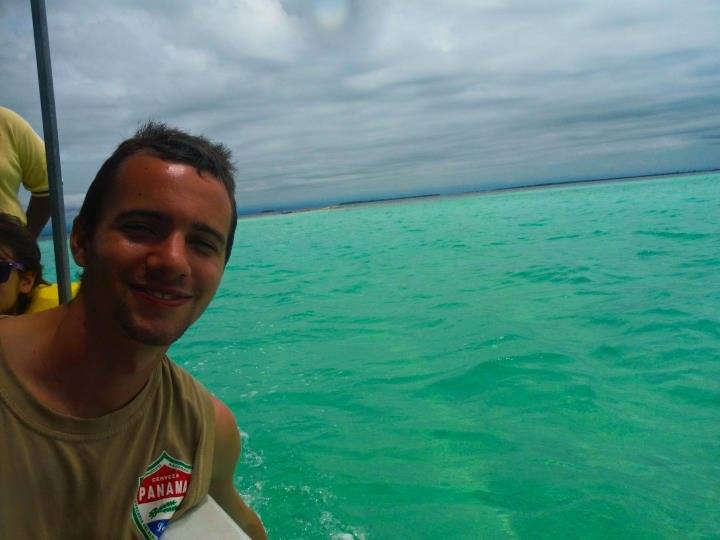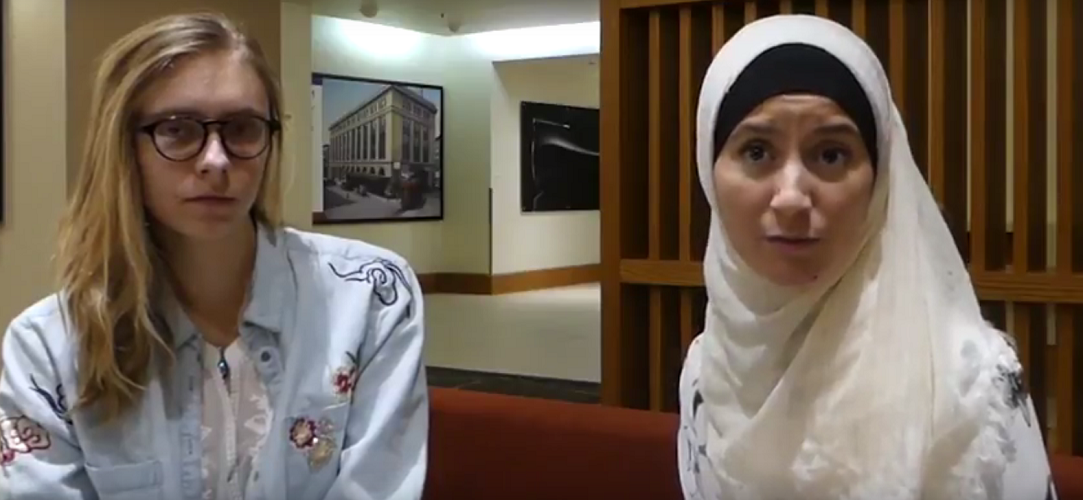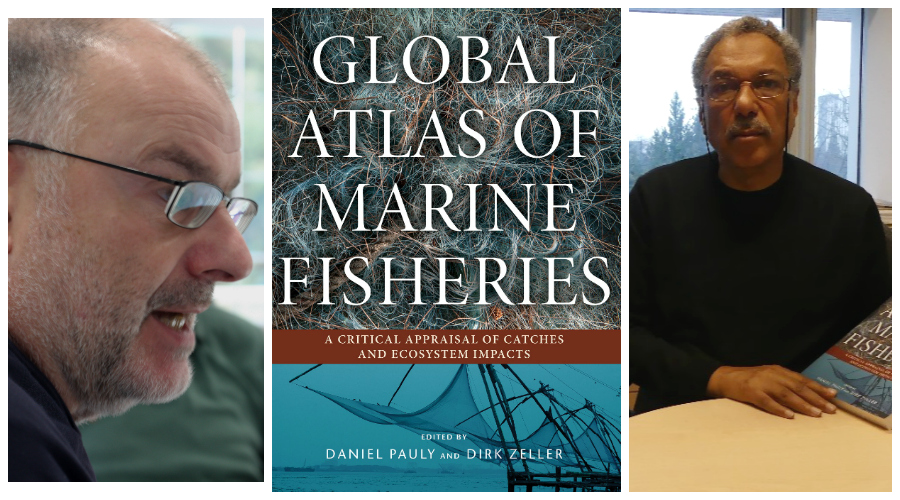
Darcy Dunstan
Darcy Dunstan moved to Vancouver in September 2015 and a month later he was already working at the Sea Around Us.
Even though he is from a small town called Shawnigan Lake on Vancouver Island, this 20-something has always pushed to expand his horizons. First, he moved to the British Columbia capital to pursue a biology degree at the University of Victoria. Having grown up close to the ocean and having explored the underwater world since age 10, Darcy was convinced that he wanted to focus his career on marine biology.
Even before finishing his university degree, he was already combining his passion for traveling and his love for nature. In the summer of 2013, he spent a couple of months in Belize researching tropical ecology and culture. Later on, in February 2015, he flew to Thailand to help conduct coral reef and seagrass bed surveys at a marine conservation centre.
Continue reading




